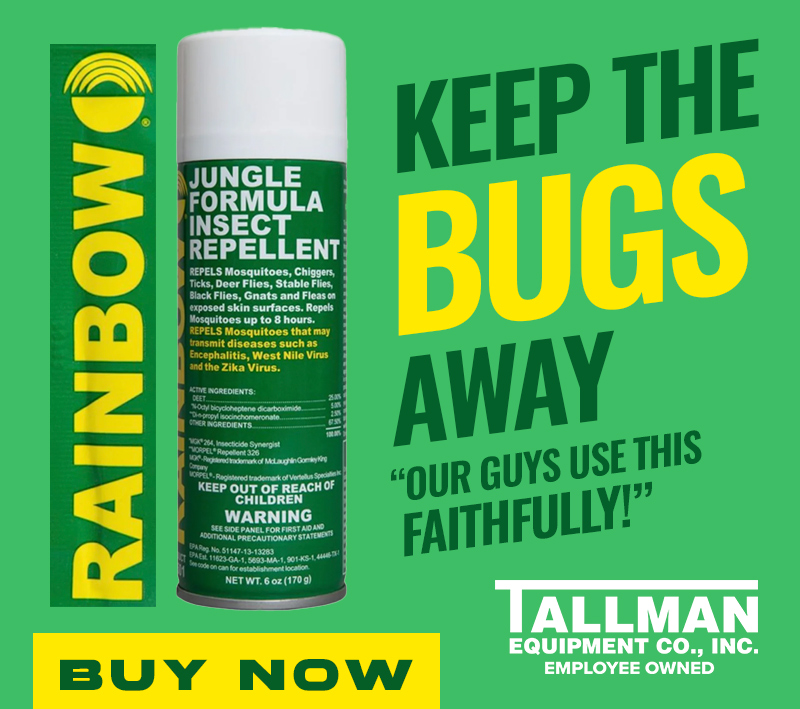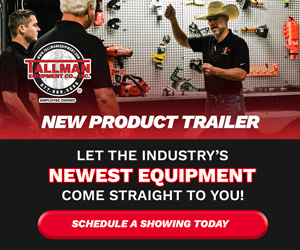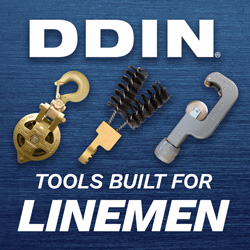Texas lawmakers authorized System Resiliency Plan filings last year and Oncor’s was the first to be approved. Regulators are also considering submissions from AEP, Texas-New Mexico Power and Entergy.
- The Public Utility Commission of Texas on Thursday approved Oncor Electric Delivery’s $3 billion system resiliency plan, which aims to accelerate grid upgrades, reduce the duration of severe weather outages and address other physical and cybersecurity risks, including wildfires.
- Oncor’s plan was based on two decades of weather and grid data, and includes increases in vegetation management near power lines and investments in automation. The improvements will “substantially reduce outage minutes,” Oncor CEO Allen Nye said in a statement.
- Texas lawmakers passed legislation last year authorizing the state’s utilities to submit resiliency plans aimed at bolstering grid reliability. Oncor’s proposal was the first to be approved; regulators are still considering plans from American Electric Power Texas, Texas-New Mexico Power Co. and Entergy Texas.
Oncor’s resiliency plan represents a “substantial investment” paid for by ratepayers, but Commissioner Lori Cobos said she was “encouraged by the strong collaboration among parties that ultimately resulted in a settlement agreement and the data-driven, granular process that was open and transparent.”
The settlement agreement that led leading to Oncor’s SRP approval was supported by PUCT’s legal staff, consumer groups and cities, Cobos said. The Electric Reliability Council of Texas, the Alliance for Retail Markets and the Texas Energy Association for Marketers did not join the agreement but did not oppose it.
“These investments have been methodically selected to have the greatest impact in proactively addressing potential outage causes,” Nye said. “We will start implementing our SRP immediately and will keep customers informed of our progress in their communities.”
Investments outlined in Oncor’s system resiliency plan include:
Continue reading at Utility Dive
For more news related to and affecting the utility industry, check out some of our posts on the Supreme Court’s Chevron case, the US DoD partnering with Duke, and new reactor construction.







0 Comments